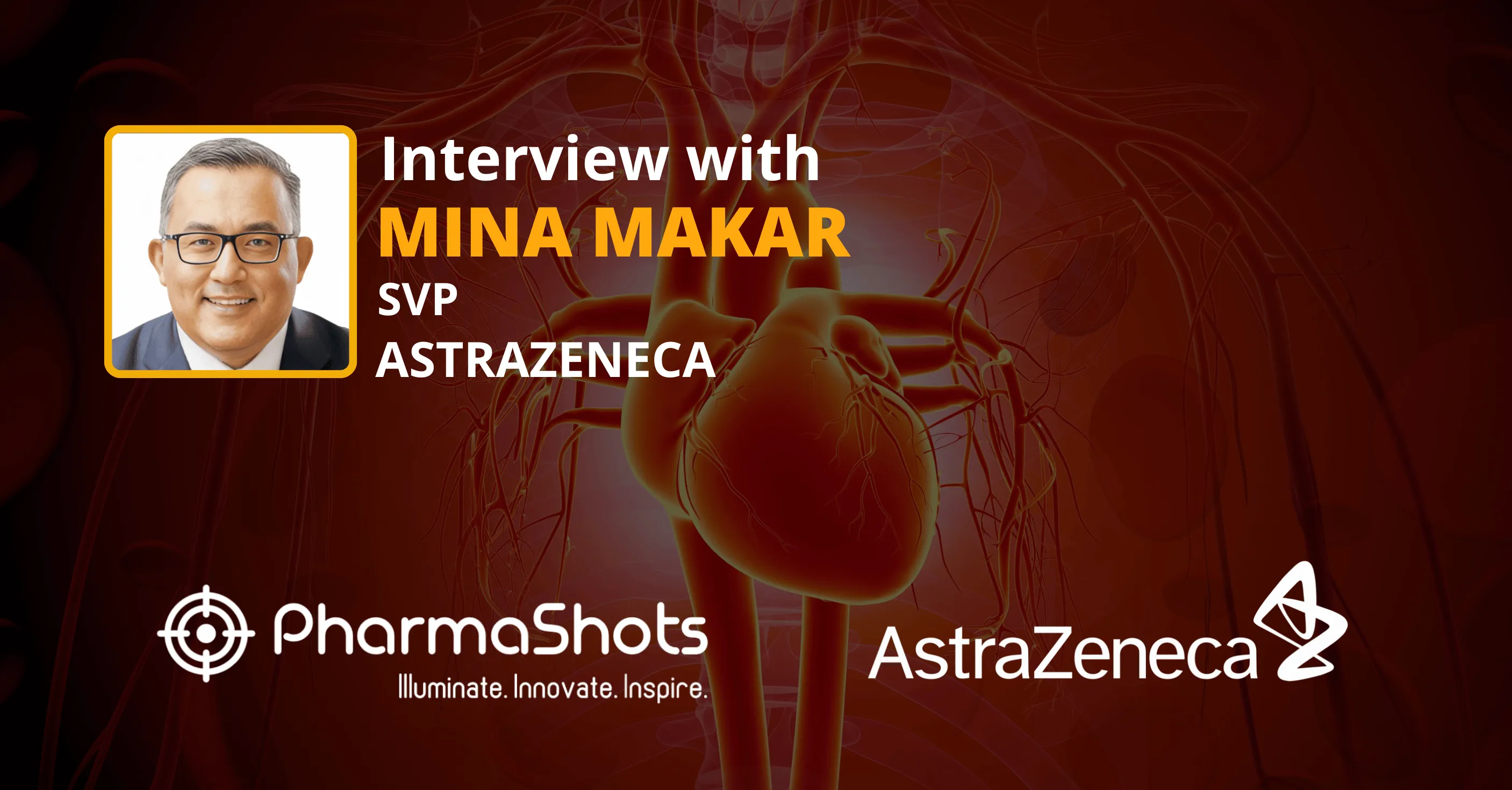
Onchilles Pharma at AACR 2024: Lev Becker in a Stimulating Conversation with PharmaShots
Shots:
-
Recently, Onchilles Pharma unveiled findings from the late-stage preclinical data of its two candidates: N17350 and N17465
-
Today at PharmaShots, we had an engaging dialogue exchange with Lev Becker, Associate Professor, University of Chicago and Cofounder, Onchilles Pharma
-
Lev highlights the unique novel mechanism that Onchilles Pharma leverages to treat a wide range of cancers
Saurabh: What's the buzz about Onchilles Pharma's presentation at AACR 2024? What are they diving into this time?
Lev: The buzz was centered around the novel mechanism of action (MoA) that Onchilles is leveraging to treat a wide range of cancer types. This novel MoA involves two main components, histone H1 and the death domain of CD95, both of which are important for cancer cell fitness. Targeting this novel MoA enables potent killing of cancer cells independent of genetic abnormalities or anatomical origin with an ~200-fold therapeutic window.
Saurabh: Can you break down N17350 and N17465 for me? How do they work differently, and how are they delivered?
Lev: N17350 and N17465 represent a new therapeutic modality in cancer. While N17350 (intratumoral) and N17465 (intravenous) differ in their route of administration, they both work by potently and selectively inducing immunogenic cancer cell death while preserving essential immune cells such as T cells and dendritic cells. This process leads to immediate tumor regression and release of tumor antigens, which are harnessed by an intact immune system to trigger sustained anti-tumor immunity, producing durable responses in many preclinical models.
Saurabh: What were the major findings from the preclinical data on N17350 and N17465 that were unveiled at AACR 2024?
Lev: Studies for N17350 focused on testing its therapeutic properties in killing cancer cells resected from ovarian cancer (OvCa) patients with diverse treatment histories. Major findings included:
-
N17350 killed primary cancer cells from all OvCa patients tested but was well tolerated by non-cancer cells from the same patients; in contrast, chemotherapy agents showed similar toxicity to both cell types.
-
N17350 killed cancer cells from chemotherapy-naïve and -experienced patients with equal efficacy, while doxorubicin and oxaliplatin showed less efficacy in patients previously treated with chemotherapy.
-
N17350 rapidly regressed tumors in all OvCa CDX models and exhibited markedly improved efficacy over carboplatin.
Together, these data validate the selective cancer cell killing properties of N17350 in human patient samples, underscore its potent ability to kill cancer cells from patients with diverse treatment histories, and demonstrate its superior efficacy over standard-of-care chemotherapies.
Studies for N17465 focused on validating that a systemically delivered elastase could overcome serine protease inhibitors (eg. alpha-1-antitrypsin) in blood to maintain its enzymatic activity, produce selective immunogenic cancer cell death, and treat a wide range of tumors. Key findings included:
-
N17465 resisted inhibition by serine protease inhibitors found in the blood and maintained its ability to cleave the death domain of CD95 (therapeutic target) to selectively kill cancer cells.
-
N17465 induced immunogenic cell death (ICD) markers in cancer cell lines and patient ovarian cancer cells and was also well tolerated by non-cancer cells.
-
Systemically delivered N17465 produced tumor-free mice in a murine CT26 colon cancer model and induced a favorable immune profile.
-
N17465 also exhibited efficacy across a range of xenograft models spanning human lung, colon, breast, and prostate cancer, as well as OvCa patient-derived CDX models.
Together, these data underscore the ability of N17465 to target this novel MoA via systemic delivery.
Saurabh: N17465 sounds promising. What's the scoop on its potential impact on cancer treatment?
Lev: N17465 is a systemically deliverable elastase that targets the histone H1-CD95 axis in cancer cells. Its ability to selectively kill a wide range of cancer cells via immunogenic cell death affords an opportunity to potentially treat a wide range of tumors that cannot be treated by intratumoral delivery of N17350.
Saurabh: How is Onchilles Pharma planning to move N17350 and N17465 forward into clinical trials? Any specific strategies you are considering?
Lev: N17350 is in late-stage preclinical development, and we have a clear path to an IND filing later this year and starting clinical trials after IND acceptance. The goal is to generate human proof-of-concept (PoC) data in 2025. We have carefully designed our early clinical studies to observe immediate monotherapy efficacy and sustained mobilization of the immune system, properties that differentiate N17350 as a therapeutic modality. These data will validate our novel innate MoA and unique approach to treating cancer and pave the way for N17465 to address patient populations that cannot be treated with intratumoral therapy.
Saurabh: What's the roadmap ahead for N17350 in terms of clinical development? Any key milestones we should keep an eye on?
Lev: We plan to dose the first patient later this year and develop N17350 for patients with superficial lesions in skin cancers, head and neck cancers, and triple-negative breast cancer that can readily be treated with intratumoral injections. Once human PoC is established we envision many more opportunities with image-guided injections to treat visceral tumors including lung cancer, colorectal cancer, liver cancer, ovarian cancer, and pancreatic cancer.
Image Source: Canva
About the Author

Lev Becker
Dr. Becker’s lab in the Ben May Department for Cancer Research combines proteomic, bioinformatic, immunologic, and functional approaches to study innate immune cells in an unbiased manner across a spectrum of diseases and develops therapeutics to target them. Dr. Becker cofounded Onchilles Pharma in 2017 to translate breakthrough research in neutrophil biology into an entirely new treatment paradigm with the potential for pan-cancer killing activity.
Related Post: Enhancing Multiple Sclerosis Research: Dr. Kari Wong and Dr. Emma Tallantyre in Conversation with PharmaShots
Tags

Saurabh is a Senior Content Writer at PharmaShots. He is a voracious reader and follows the recent trends and innovations of life science companies diligently. His work at PharmaShots involves writing articles, editing content, and proofreading drafts. He has a knack for writing content that covers the Biotech, MedTech, Pharmaceutical, and Healthcare sectors.














